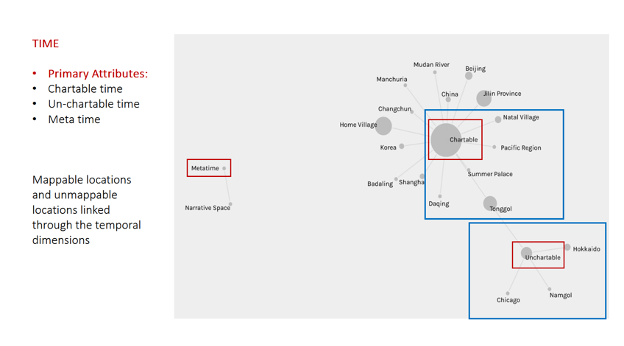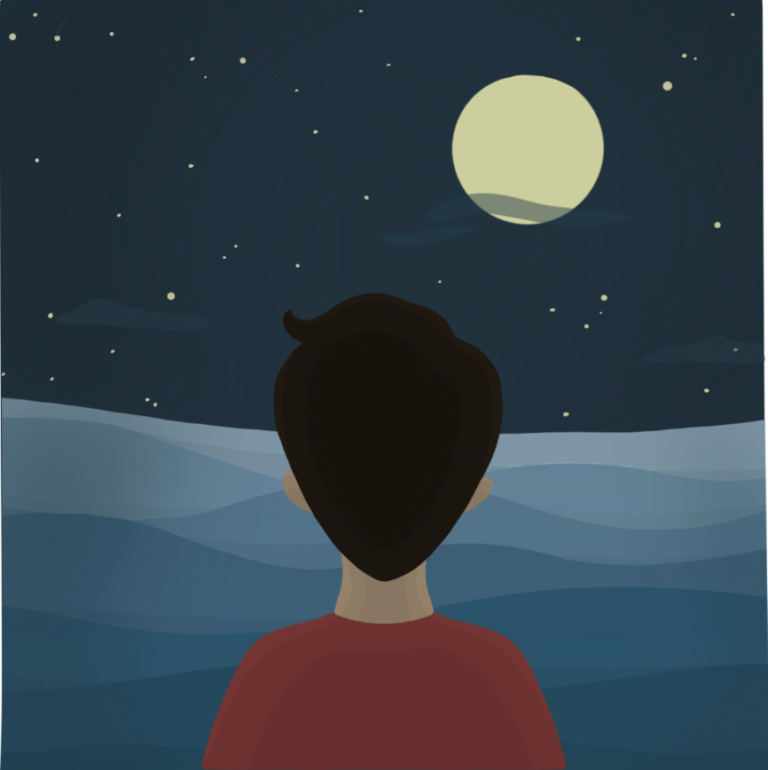Summer 2020 Seed Grant Funding Report
Submitted by Valentina Denzel, Tracy Rustler, and Michael Stokes
The DH@MSU summer seed grant allocated during the summer of 2020, allowed Valentina, Tracy, and Michael to migrate the website “Legacies of the Enlightenment: Humanity, Nature, and Science in a Changing Climate” to Humanities Commons (an open access, open source nonprofit network), and to create an eponymous research group on HC. The website and the research group are part of a larger, multifaceted and interdisciplinary research project that unites scholars from around the globe, working in various disciplines to examine the lasting effects of the Enlightenment on current discussions of race, gender, and social and environmental justice. One of the unique aspects of this project is its inclusion of scholars from all levels of their careers (from undergraduate students to full professors and including independent scholars) as collaborators, who have all contributed to building a searchable website for research and teaching. The research Tracy and Valentina have done thus far responds to the following questions: what was/is/will be the Enlightenment? And why should we care about it in the 21st century?
“Legacies of the Enlightenment” is a well-established DH project and was initially funded in 2017 through the Andrew W. Mellon Foundation’s Humanities Without Walls initiative. The website serves as a repository of knowledge, lectures, and syllabi. Building from our DH-project, we have also successfully organized an international conference from October 5-7, 2018, in Lansing. Faculty and students exchanged ideas about their current research, and students received feedback to revise their work for publication in a peer-reviewed journal. More recently, however, this DH element of their project started to stagnate. Communication and intellectual exchange with project members diminished gradually, due to lack of time, the physical distance that impeded face-to-face meetings, as well as limited funding resources to organize new workshops that would help expand the network of scholars working on topics pertaining to their project. COVID-19 has added a further complication to the project’s success, given that faculty and students are facing higher stress levels than usual, and have significantly less time to devote to outside projects.
Tracy and Valentina therefore decided to apply to the DH@MSU summer seed grant to migrate the entire website to the more dynamic academic platform Humanities Commons and to enhance new collaborations and networking through the research group on HC, thereby ensuring the continuation of their project through a long-term threefold action plan that includes 1) the fostering of new research networks and collaborations, 2) peer-reviewed and open-access publications of scholarly articles and open educational resources (OER) on topics related to our website, 3) the continuation of a biennial workshop including faculty members, independent scholars, graduate and undergraduate students on topics pertaining to our DH-project (first held in October 2018). Through its interdisciplinary and broad-ranging open-access network, Humanities Commons was the ideal solution to regain momentum. It features over 500 research groups and consists of over 21,000 members, which speaks to its dynamic and wide-ranging network. The structure of research groups is particularly engaging: the discussion area, the shared storage area, and the basic collaborative authoring functionality that allows for collaboration on proposals, research papers, and abstracts, all facilitate scholarly exchange among group members. Furthermore, each research group contains a calendar and a centralized place to view and organize activities, helping group members to collaborate on important tasks. The functionality of H-Commons, which allows group members to create content that then needs only to be reviewed and approved by project managers (currently Valentina and Tracy), also adds a level of certainty to the project’s future by eliminating several of the steps that had been involved in adding new content to the previous site.
To accomplish the migration and adaptation of their Omeka website http://enlightenmentlegacies.org/ to the WordPress website on Humanities Commons https://legaciesoftheenlightenment.hcommons.org/, as well as the creation of their research group, Tracy and Valentina hired English doctoral student Michael Stokes during the month of June 2020. Michael had previously worked on their website as a project assistant during the 2019-20 academic year. His tasks funded by the DH@MSU seed grant included mapping out a new site on Word Press, backing up all entries of the “Legacies of the Enlightenment” -website, building static pages in the new site and creating a new research group, filling static pages with categorized posts, and finally creating a new research group. Michael also changed the design of the home page to make it look more engaging and attractive.
In the long term, Tracy and Valentina hope that the website-migration to HC and the research group will enhance contributions of new members to their website. It would also help them finalize a call for abstracts for peer-reviewed special series of an open-access journal such as Environmental Humanities, as well as submitting proposals for public and private grants and research fellowships, including ACLS (American Council of Learned Societies) and NEH (National Endowment for the Humanities). These grant proposals include the publication of open-educational resources (OER) on teaching the Enlightenment and highlighting its impacts on the 21st century, as well as the continuation of their international conference biennially. These workshops are particularly helpful to recruit new group members and to encourage new research projects, including grant proposals, publications, and conferences. The move of the website to the Humanities Commons that was made possible by the DH@MSU seed grant has helped to broaden the site’s visibility and impact, and will therefore help to grow in the near future the base of project contributors, thus making the project more attractive to grant committees.

